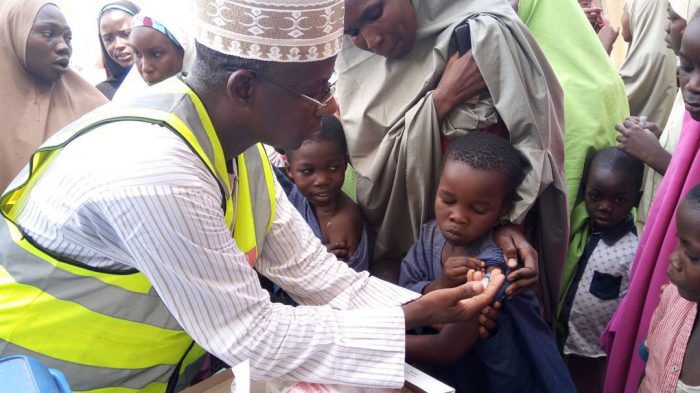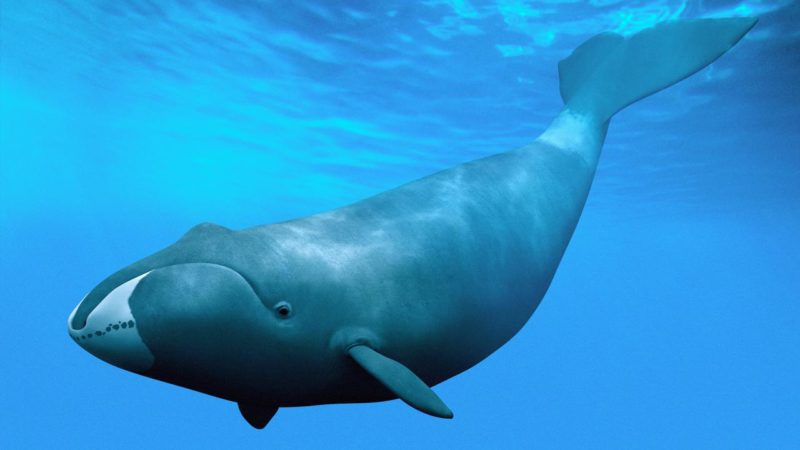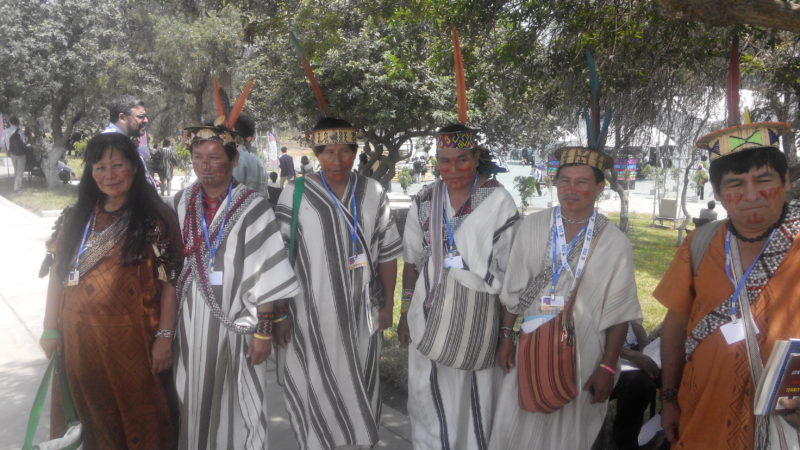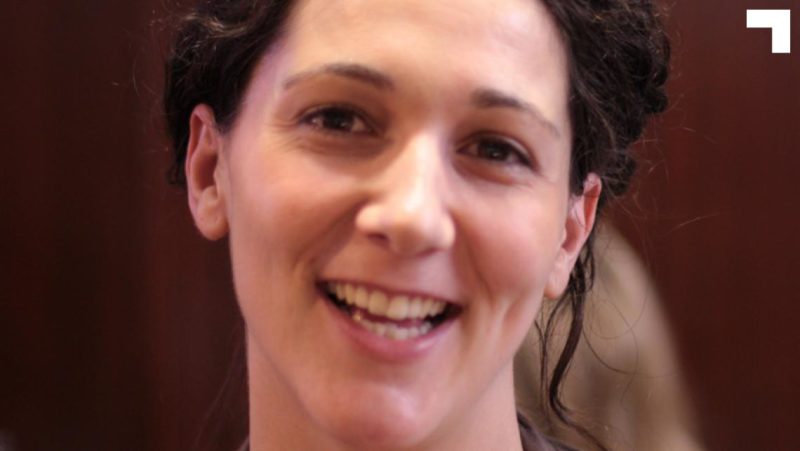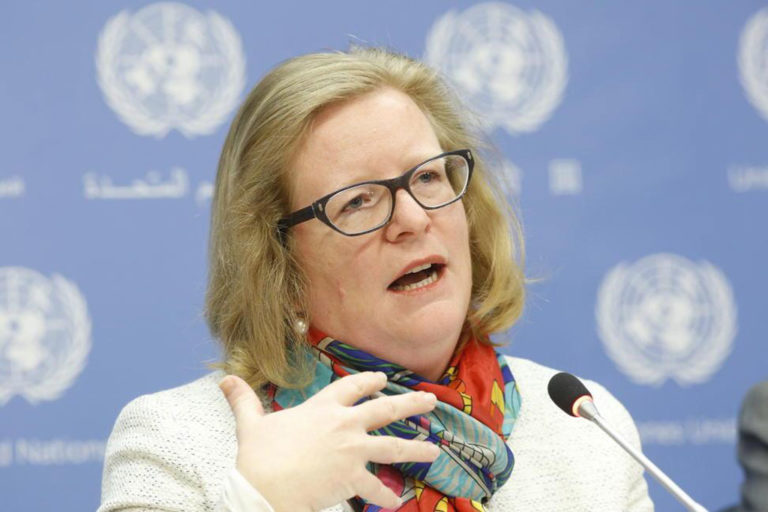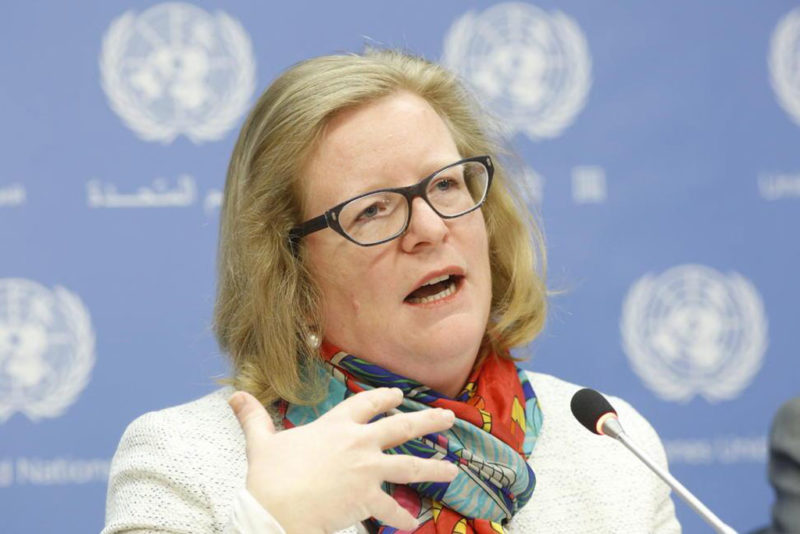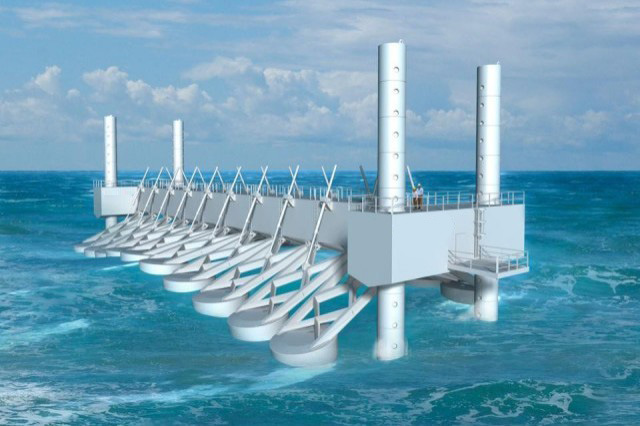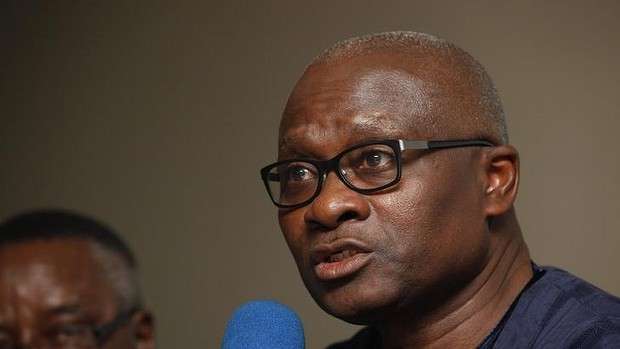Two young people from Wellington, New Zealand, are cycling across Europe in an epic endeavor to raise awareness for climate action and showcase projects related to the UN’s Climate Neutral Now and Momentum for Change initiatives.

The climate ambassadors plan to cycle approximately 10,000 km across Europe to show that traveling can be climate neutral, visiting projects and interviewing key people active in climate protection on their way. One stop will be at the secretariat of the UN Framework Convention on Climate Change (UNFCCC) in Bonn, Germany.
“We’ll be featuring the video interviews they do visiting local champions, and you can follow their climate neutral journey on social media,” says the UNFCCC secretariat in a statement on Tuesday, April 4, 2017.
Inka Vogt and Fabian Beveridge are both 18 years old, and have just completed secondary school. They began their trip in Porto, Portugal and are heading towards Munich, Germany. The trip will take them via Greece and Serbia.
“The most important thing we want to contribute to with our trip is awareness about climate change and climate action, so people know it is possible and affordable to travel like we are”, they say about the project, dubbed “Europe on four wheels”.
“We want everyone to know the true ramifications of their actions when CO2 emissions are concerned, and attempt to provide and use alternatives”.
The carbon emissions from their flights, totaling about six tonnes, have been offset by helping fund a project in Thailand via the UN’s Climate Neutral Now initiative.
The Climate Neutral Now initiative enables individuals, companies and governments to measure their carbon footprints, reduce emissions where possible and offset the rest with UN-certified emission reductions, while at the same time investing in sustainable development projects in developing countries.
As climate ambassadors, Inka and Fabian will be visiting NGOs and Climate Neutral Now participants along their route, as well as Momentum for Change Lighthouse Activities. These are practical, scalable and replicable examples of what people, businesses, governments and industries are doing to tackle climate change. Momentum for Change is an initiative spearheaded by the UN Climate Change secretariat.
Niclas Svenningsen, Manager for the Strategy and Relationship Management at UNFCCC, expects that their trip can bring climate action to people’s attention and inspire them to cut carbon emissions.
“We are proud to have Inka and Fabian as UNFCCC’s Climate Neutral Now and Momentum for Change ambassadors! Their initiative to go around Europe by bike to visit, and tell the world about, good projects, ideas and organisations walking the talk on climate action will hopefully inspire others to follow suit – both to take climate action, and to take the bicycle when they are heading somewhere. I look forward to follow their progress, and to meet them along the way,” said Svenningsen.

